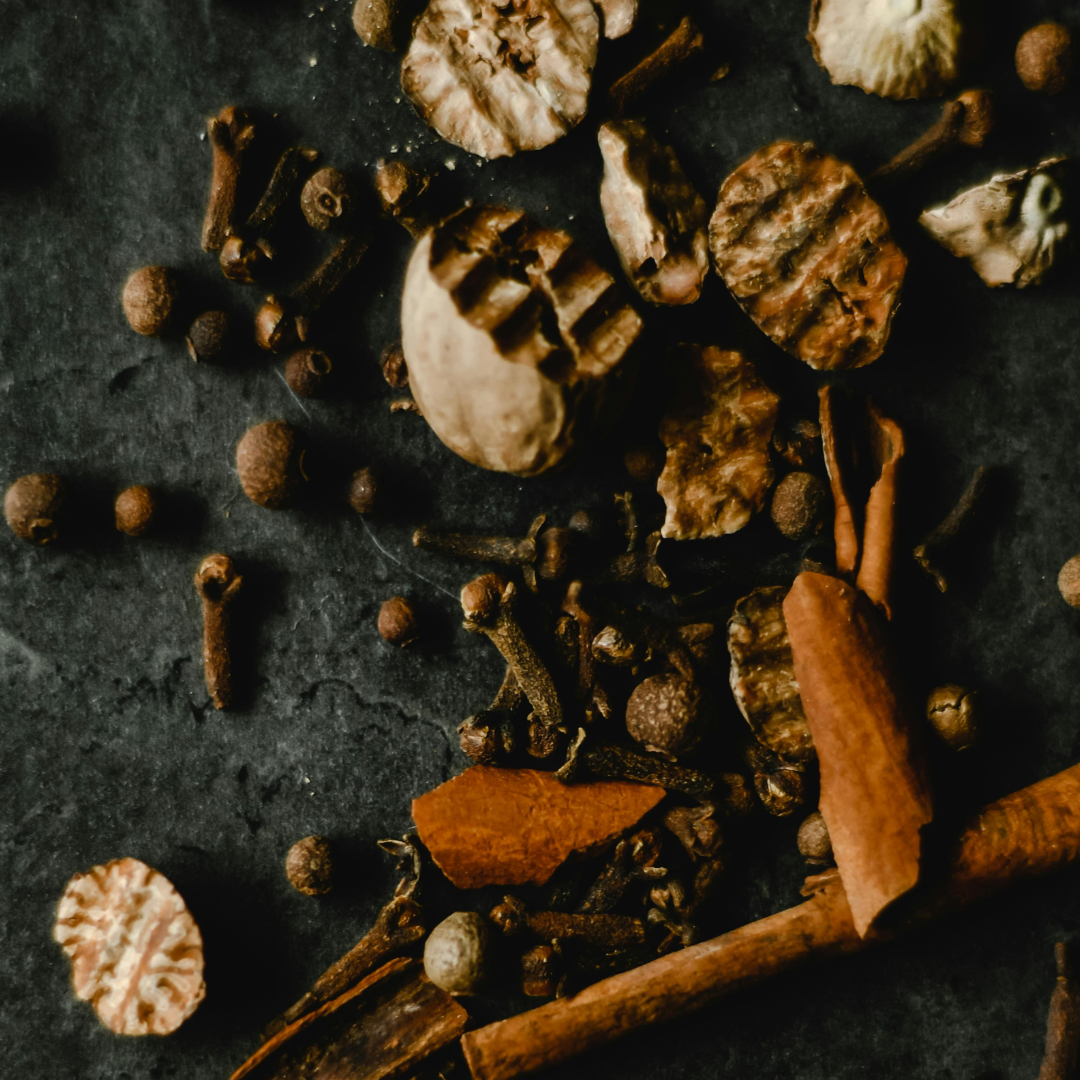Terpenes play a vital role in the world of alternative medicine, aromatic compounds found in plants that contribute to the flavour, scent and even potential therapeutic effects – you may have heard myrcene and limonene (some of the more commonly known terpenes), but today we’re putting the spotlight on caryophyllene, a terpene with some very interesting features.
Before we get into the terpene specs, you might be thinking – how do I even pronounce this word? Try this breakdown: car-ee-oh-fil-een (with a little more emphasis on the final syllable), like myrcene or limonene.
Caryophyllene can be found in a wide range of plants, with plenty of potential benefits including anti-inflammatory, analgesic and anxiolytic properties (in other words, could assist with reducing swelling, ease pain and induce calming). It’s also got a unique way of interacting with the body’s endocannabinoid system – working with our CB2 receptors, caryophyllene is known as a “selective agonist” of these CB2 receptors which help to support therapeutic effects without unwanted psychoactive effects.
Caryophyllene can be described as having a comforting spicy, peppery, or woody aroma it’s not unlike picking up the top, middle and base notes in your favourite fragrance!). Think black pepper, cinnamon or cloves – a warmth and slight heat to this scent, which is why it’s even used in aromatherapy and perfumes.
For alternative medicine Patients who are speaking to their prescriber about the terpene profiles of their products, this means caryophyllene triggers certain receptors (CB2) to trigger specific effects without the psychoactive feelings associated with it. Always ask your Doctor if this kind of terpene profile is right for you and your specific health conditions.
Research into the therapeutic effects of caryophyllene is evolving – early studies suggest there is potential to assist in treating a variety of conditions, with such versatility, we’re sure to hear more about this exciting terpene. Outside of alternative medicine, caryophyllene can be found in foods such as black pepper, basil, oregano and (like its smell suggests), cloves! You can easily find plenty of essential oils to incorporate into your lifestyle if it’s a scent that agrees with you.
There’s plenty more Terpene Talk to come here on the Farma blog, and if you’d like to know more about a particular terpene, email us at [email protected].
Disclaimer: The information provided here is for educational purposes only and should not be considered as legal advice. For accurate legal guidance, please consult with relevant legal authorities or a qualified professional.

